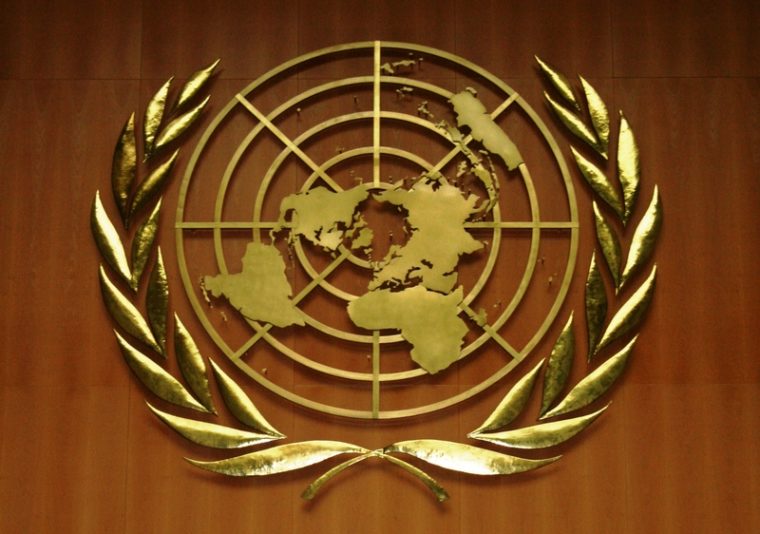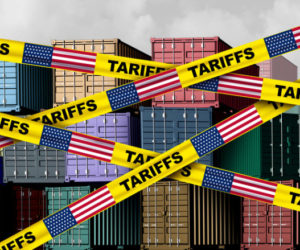
The heads of 18 United Nations bodies and other humanitarian organizations called for an “immediate humanitarian ceasefire” in Gaza today. They voiced “shock and horror at the spiralling numbers of lives lost and torn apart” in Israel and “the Occupied Palestinian Territory”.
“We need an immediate humanitarian ceasefire. It’s been 30 days. Enough is enough. This must stop now,” they said in a joint statement. “We renew our call for the immediate and unconditional release of all civilians held hostage.”
A joint statement by so many UN and other humanitarian agencies is very unusual. It is significant because it signals the growing despair of the international humanitarian community.
“In Israel, some 1,400 people have been killed and thousands have been injured, according to the Israeli authorities. More than 200 people, including children, have been taken hostage. Rockets continue to traumatize families,” they said.
“However, the horrific killings of even more civilians in Gaza are an outrage, as is cutting off 2.2 million Palestinians from food, water, medicine, electricity and fuel.” Scores of aid workers have been killed since October 7 including 88 UN relief workers – the highest number of UN fatalities ever recorded in a single conflict.
The Gaza health ministry has reported nearly 9,500 people killed, including 3,900 children and over 2,400 women. More than 23,000 people have been injured and require immediate treatment within overstretched hospitals.
“An entire population is besieged and under attack, denied access to the essentials for survival, bombed in their homes, shelters, hospitals and places of worship. This is unacceptable,” they said. “Tens of thousands of people have been displaced. This is horrific.”
“We renew our plea for the parties to respect all their obligations under international humanitarian and human rights law.” They noted that more than 100 Israeli attacks against health care facilities have been reported. “Civilians and the infrastructure they rely on – including hospitals, shelters and schools – must be protected.”
“More aid – food, water, medicine and of course fuel – must enter Gaza safely, swiftly and at the scale needed, and must reach people in need, especially women and children, wherever they are, they insisted.
The statement’s signatories were:
• Mr. Martin Griffiths, Emergency Relief Coordinator and Under-Secretary-General for Humanitarian Affairs (OCHA)
• Ms. Sofia Sprechmann Sineiro, Secretary General, CARE International
• Ms. Jane Backhurst, Chair of ICVA Board (Christian Aid)
• Mr. Jamie Munn, Executive Director, International Council of Voluntary Agencies (ICVA)
• Ms. Anne Goddard, Chief Executive Officer and President a.i., InterAction
• Ms. Amy E. Pope, Director General, International Organization for Migration (IOM)
• Ms. Tjada D’Oyen McKenna, Chief Executive Officer, Mercy Corps
• Mr. Volker Türk, United Nations High Commissioner for Human Rights (OHCHR)
• Ms. Janti Soeripto, President and Chief Executive Officer, Save the Children
• Ms. Paula Gaviria Betancur, United Nations Special Rapporteur on the Human Rights of Internally Displaced Persons (SR on HR of IDPs)
• Mr. Achim Steiner, Administrator, United Nations Development Programme (UNDP)
• Dr. Natalia Kanem, Executive Director, United Nations Population Fund (UNFPA)
• Mr. Filippo Grandi, United Nations High Commissioner for Refugees (UNHCR)
• Ms. Maimunah Mohd Sharif, Executive Director, United Nations Human Settlement Programme (UN-Habitat)
• Ms. Catherine Russell, Executive Director, United Nations Children’s Fund (UNICEF)
• Ms. Sima Bahous, Under-Secretary-General and Executive Director, UN Women
• Ms. Cindy McCain, Executive Director, World Food Programme (WFP)
• Dr. Tedros Adhanom Ghebreyesus, Director-General, World Health Organization (WHO)
Photo 18076994 © Christin Millhill | Dreamstime.com
















